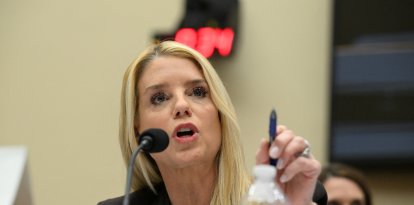President Trump notes that autism "has to be artificially induced"
"And we will not allow our public health system to be captured by the very industries it’s supposed to oversee. So we’re demanding the answers, the public is demanding the answers and that’s why we’re here," the president said at a MAHA Commission event.

U.S. President Donald Trump
President Donald Trump expressed concern about the rise in autism cases in the country. He pointed to the rise having to be linked to something external. He likewise noted that the government will focus on providing answers to the situation.
"When you hear 10,000, it was 1 in 10,000, and now it’s 1 in 31 for autism, I think that’s just a terrible thing. It has to be something on the outside, has to be artificially induced, has to be," Trump said at an MAHA Commission event.
"And we will not allow our public health system to be captured by the very industries it’s supposed to oversee. So we’re demanding the answers, the public is demanding the answers and that’s why we’re here," added the Republican.
According to April data from the Centers for Disease Control and Prevention, approximately 1 in 31 (3.2 %) 8-year-olds have been diagnosed with ASD.
The president, moreover, recalled that his administration is phasing out eight of the most common artificial food dyes because of their impact on the health of people, primarily children.
MAHA report exposes unprecedented children's health crisis
The Make America Healthy Again (MAHA) Commission, led by Health and Human Services Secretary Robert F. Kennedy Jr. released a report Thursday detailing the alarming deterioration of children's health in the U.S., noting that today's children may live shorter lives than their parents despite the fact that the country spends more per capita on health care than other developed nations.
The gravity of the situation
The report identifies multiple factors contributing to the increase in chronic diseases in young people, from ultra-processed foods to overprescribing of medications and exposure to environmental chemicals.

























